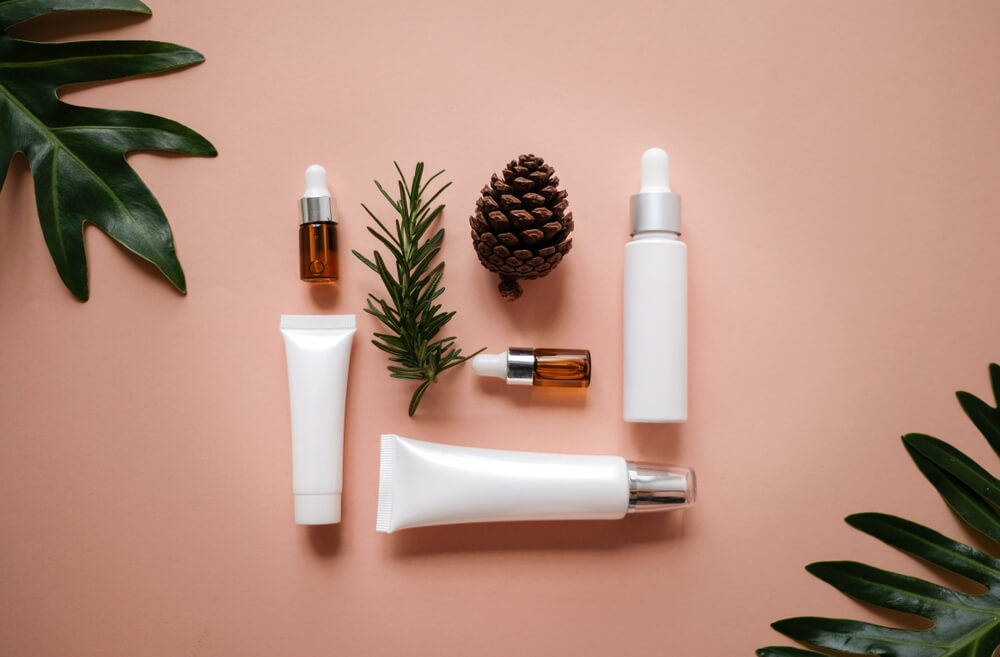
Verify Your Email Address
Please ensure to verify your email for confirmation. We recommend checking your spam and trash folders as well.

As a beauty industry professional, I have come across the terms “white label” and “private label” makeup. While the terms may sound similar, but they have different meanings and implications for businesses. In this blog, I’ll explain what is white label vs private label makeup respectively, and help you decide which option is better for your business.
White label makeup refers to a product that is manufactured by one company and sold by another company under its own brand name. In other words, the company selling the product does not manufacture it themselves, but rather purchases it from a manufacturer and puts their own label on it.
On the other hand, private label makeup refers to a product that is manufactured by one company and sold by another company under the manufacturer’s brand name. In this case, the company selling the product does not have their own label on it, but rather sells it under the manufacturer’s brand name.
When it comes to makeup, the difference between white label and private label products is similar to other industries. White label makeup refers to off-the-shelf products that are sold to multiple retailers and can be rebranded as their own. Private label makeup, on the other hand, is formulated based on a client’s specifications and vision and sold exclusively to one retailer [1]. Private label makeup allows for more flexibility and collaboration. White label makeup offers economies of scale and quick solutions. Private label projects are suitable for brands and retailers looking to take a new product to market with specific product claims, while white label projects have low minimum order requirements but are not suitable for ambitious startups or established brands [2]. It is important for small businesses to consider their target market, exposure, and marketing strategies when choosing between the two options [1].
References: [1] White Label vs Private Label Products – What’s the … [2] White Label vs Private Label Cosmetics – Differences …
One of the advantages of white label cosmetics is that the seller has more control over the product. This means that they can customize the packaging, ingredients, and marketing to fit their brand. This can help the seller stand out in a crowded market and create a unique selling proposition.
Another advantage of white label cosmetics is that the seller can start selling the product quickly. Since the product is already manufactured, the seller can start selling it as soon as they receive it. This can be especially beneficial for small businesses or startups that do not have the resources to manufacture their own products.
One of the advantages of private label makeup is that the manufacturer has more control over the product. This means that the product is more likely to be of consistent quality since the manufacturer has strict quality control standards. This can be important for businesses that want to ensure that their products are of high quality and meet customer expectations.
Another advantage of private label makeup is that the manufacturer can provide more support to the seller. This can include marketing materials, training, and product information. This can be especially beneficial for businesses that are new to the industry and need guidance on how to sell the product.
One of the disadvantages of white label cosmetics is that the seller has less control over the product. This means that they may not be able to customize the packaging, ingredients, or marketing to fit their brand as much as they would like. This can make it difficult for the seller to differentiate themselves from competitors.
Another disadvantage of white label cosmetics is that the product may not be as high quality as the seller would like. Since the seller does not manufacture the product themselves, they may not have as much control over the ingredients or manufacturing process. This can lead to inconsistencies in quality.
One of the disadvantages of private label makeup is that the manufacturer has more control over the product. This means that the seller may not be able to customize the packaging, ingredients, or marketing as much as they would like. This can make it difficult for the seller to differentiate themselves from competitors.
Another disadvantage of private label makeup is that the seller has less control over the product. Since the product is produced by the manufacturer, the seller may not be able to make changes to the product or packaging. This can make it difficult for the seller to address customer feedback or make improvements to the product.
When deciding between white label and private label makeup, it is important to consider the level of control you want over the product. If you want more control over the product, including the packaging, ingredients, and marketing, then white label makeup may be the better option. If you want a high-quality product with consistent quality and more support from the manufacturer, then private label makeup may be the better option.
It is also important to consider the cost. While white label makeup may be cheaper upfront, you may end up spending more in the long run on marketing, quality control, and customer support. Private label makeup may be more expensive upfront, but it may save you money in the long run by providing consistent quality and support.
When choosing a white label or private label makeup supplier, it is important to consider the quality of their products, their customer support, and their pricing. You should also consider their experience in the industry and their reputation among other sellers.
It is also important to ask for samples of their products, so you can test the quality and consistency for yourself. You should also ask for references from other sellers who have used their products, so you can learn more about their experience.
Whether white label or private label makeup is right for your business depends on your goals and resources. If you want more control over the product and marketing, then white label makeup may be the better option. If you want a high-quality product with consistent quality and support from the manufacturer, then private label makeup may be the better option.
Ultimately, it is important to do your research and consider your goals and resources before deciding on a white label or private label makeup supplier. This will help ensure that you choose the best option for your business.
I believe you have understood what is white label vs private label makeup by now. White label makeup gives the seller more control over the product, while private label makeup provides consistent quality and support from the manufacturer.
When choosing between white label and private label makeup, it is important to consider your goals and resources. It is also important to choose a supplier with high-quality products, good customer support, and fair pricing. By doing your research and choosing the best option for your business, I believe that you can create a successful makeup brand that stands out in a crowded beauty market.
How much does it cost to make your own eyeshadow palette?
How much does it cost to start a makeup line?
Designing Your Own Custom Eyeshadow Palette with Pictures and Names
How to get FDA approval for cosmetics?
How much does it cost to start your own lip gloss line?
Digital marketing, website building, graphic designing for your brand.

Please ensure to verify your email for confirmation. We recommend checking your spam and trash folders as well.